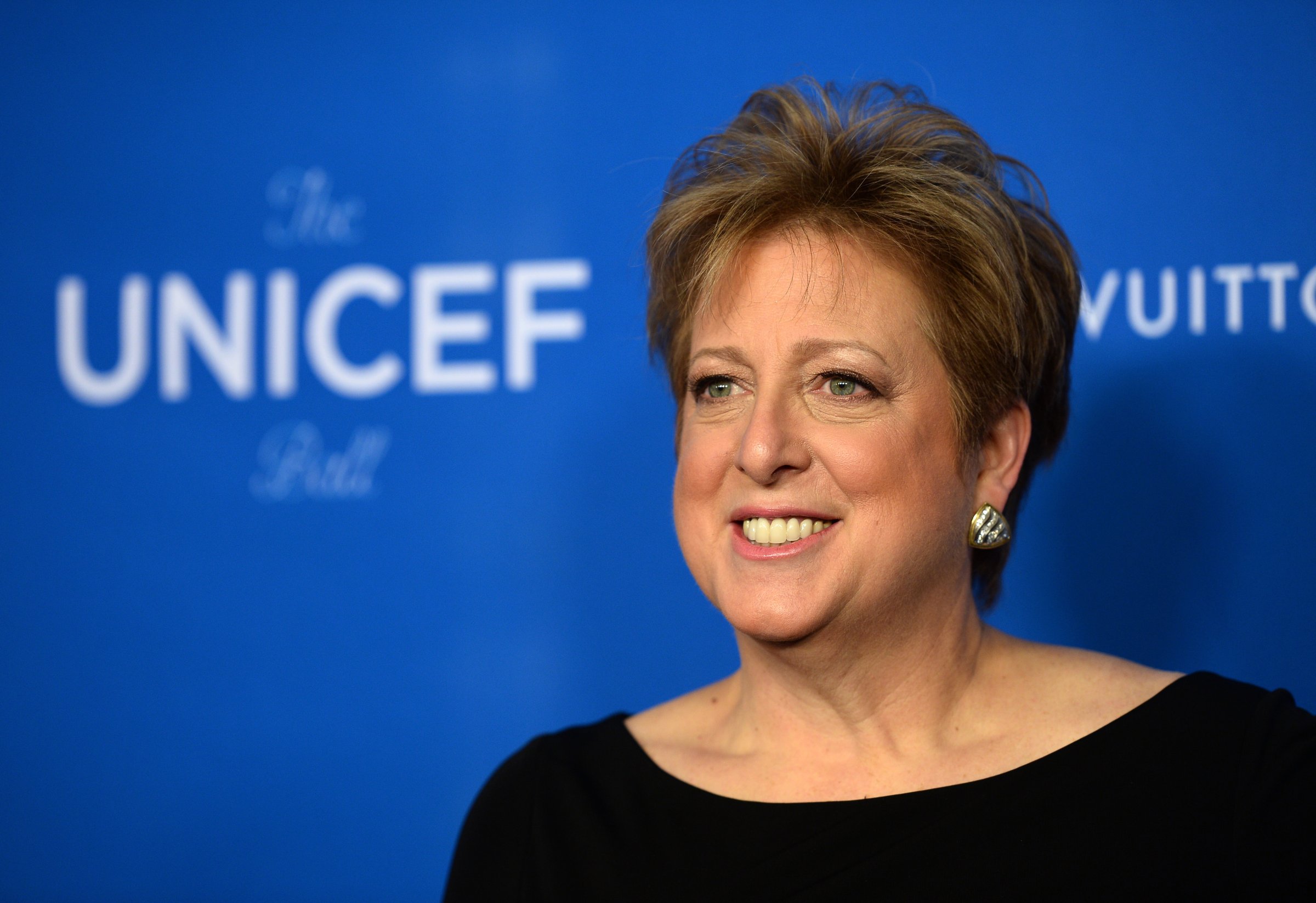
In the past few months, the U.S. primaries have offered my family a lot to talk about at the dinner table. I bet the same is true for many other families, too. Trying to figure out who our next president should be—and what he or she should do once in office—is a fundamental part of being an American citizen. No matter what the issues are, elections always remind me how grateful I am for the right to vote and how important it is that we all get to exercise it.
But before we cast our final ballots on Nov. 1, I’d like to suggest that the current President has some crucial unfinished business to tackle—something that hasn’t come up during this year’s primaries. Namely, the President could take action on the Convention on the Rights of the Child (the CRC) and let the world know he believes that children, wherever they live, should get to exercise—and enjoy—their fundamental rights, too.
Some might ask what the CRC is and why, given the many domestic priorities the primary candidates are debating, the President should even bother with an international treaty about kids. The answer is simple: The CRC is a bill of rights, very much in the American tradition, for children all over the world. It applies to every child under 18 without regard to nationality, ethnicity, gender, religion, language, abilities or any other status.
Among many other things, the CRC enshrines every child’s right to survive and thrive, access healthcare and education, grow up with their own families; be protected from violence, exploitation, and abuse; and participate in decisions that affect them. What could be more American than that?
Why now? The U.S. ratification of the CRC is 21 years overdue. After the administrations of Ronald Reagan and George H.W. Bush played a big role in drafting the CRC, the Clinton administration signed it in 1995. But no president has ever sent the CRC to the Senate for ratification as our Constitution requires. With Somalia’s ratification of the CRC in 2015, the U.S. is now the only country left in the world that hasn’t ratified it.
Back in 2008, when Senators John McCain and Barack Obama were campaigning for the presidency, they each spoke out on behalf of children’s rights. McCain said: “I strongly support the goal of this treaty, protecting the world’s most vulnerable children.” Obama concurred: “I will review this and other treaties and ensure that the United States resumes its global leadership on human rights.”
They were both right. The benefits of U.S. ratification are clear. It would help restore our status as a human rights leader and bolster our credibility as we advocate for improved conditions for children and their families around the world. It would help focus our energies and resources where children need them most and empower children to exercise their rights, here and abroad.
The CRC also gives UNICEF, as one of the primary humanitarian organizations charged with ensuring children’s rights under the CRC, a powerful tool to guide governments to give a fair chance to every child in every country. In fact, the CRC has inspired other countries to incorporate human rights principles into legislation; target child survival and development; and develop justice systems for children.
Now more than 25 years old, the CRC has saved and improved children’s lives, too. For example, because the CRC protects children from hazardous or harmful work and economic exploitation, the number of children involved in child labor has fallen by about 32% since 2000. Because the CRC obliges countries to abolish traditional practices that injure children’s health, it has empowered more than 15,000 communities and sub-districts in 20 countries to declare their commitment to ending female genital mutilation.
But, in a world where 65 million children and young people have fled their homes due to conflict, poverty, and extreme weather; where stunting affects 159 million children globally and contributes to about 3 million child deaths each year; and where conflict in the Middle East and North Africa is depriving more than 13 million children of their right to go to school—children need the CRC more than ever.
So let’s ask President Obama to send the CRC to the Senate as soon as possible—so that the next Senate can debate and vote on it. U.S. ratification of this treaty will become a powerful symbol of our commitment to children everywhere. Most of all, at a time when millions across the globe desperately need our support, it will help us put children first.
More Must-Reads from TIME
- Introducing the 2024 TIME100 Next
- The Reinvention of J.D. Vance
- How to Survive Election Season Without Losing Your Mind
- Welcome to the Golden Age of Scams
- Did the Pandemic Break Our Brains?
- The Many Lives of Jack Antonoff
- 33 True Crime Documentaries That Shaped the Genre
- Why Gut Health Issues Are More Common in Women
Contact us at letters@time.com